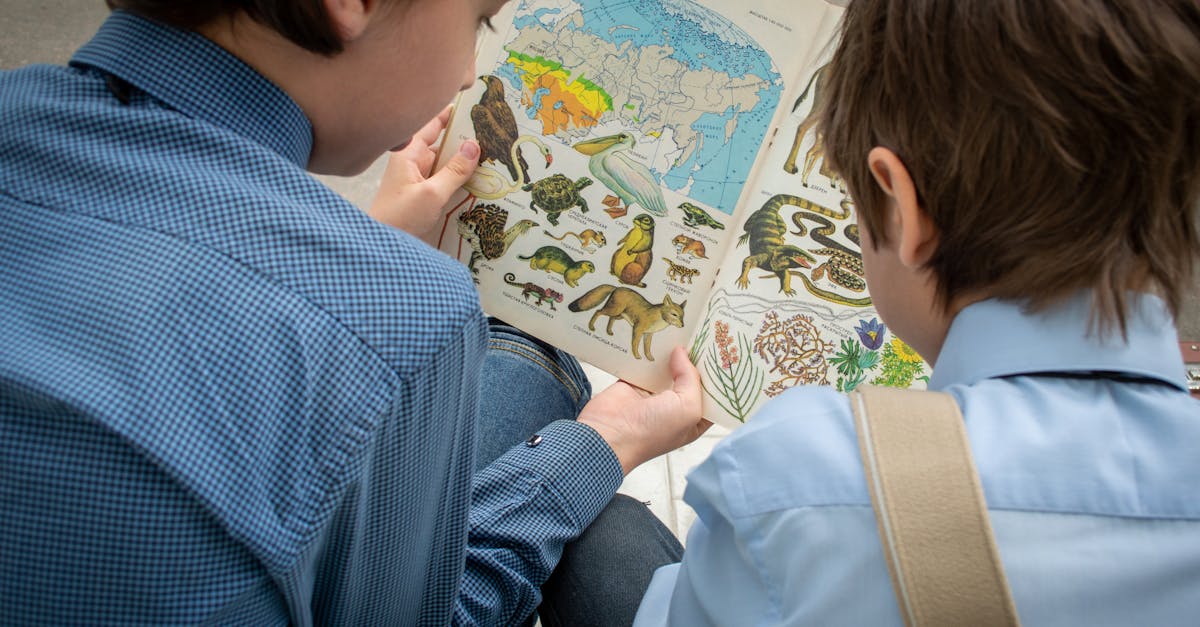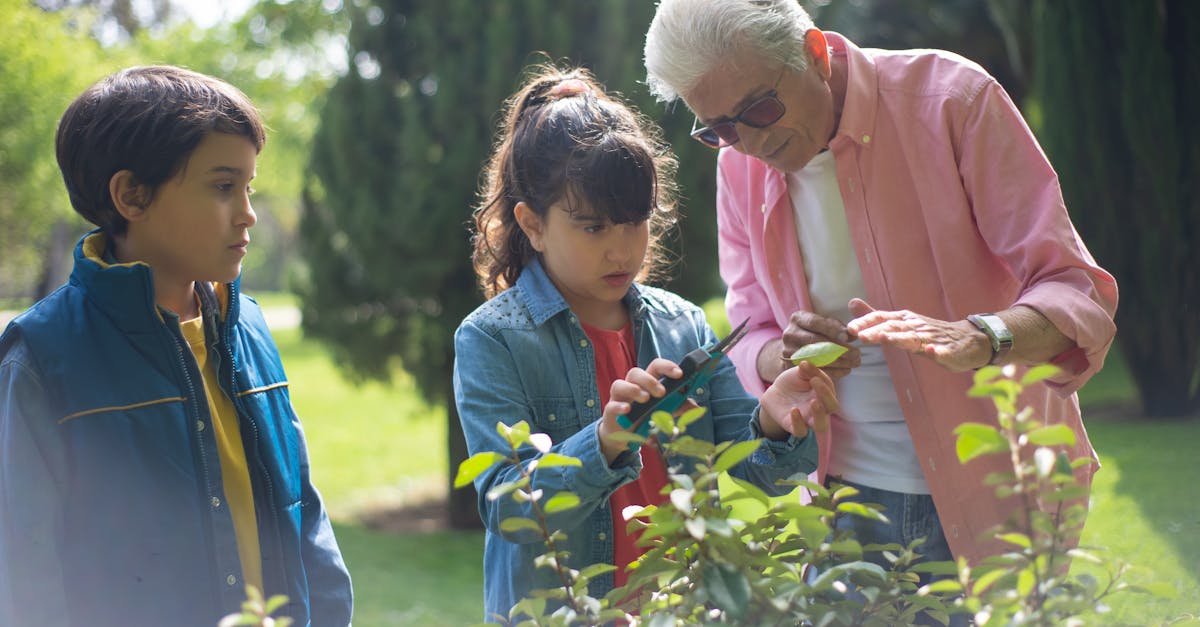Bonding with Animals as God’s Creatures
Teaching little ones about God’s love for animals is like petting a fuzzy kitten—adorable and rewarding! Start at the zoo, where lions roar majestically, and peacocks flaunt their vibrant feathers, showing the diversity of God’s design.
Discuss how each creature, big or small, plays a role in our world, just as God intended. Encourage your child to think of animals as friends we’re called to care for, respecting their space and needs.
Kids might shy away from spiders or snakes, but teach that even the hairy and scary are loved by God. Make animal care a fun routine; perhaps feeding the family pet becomes a special shared duty.

Key Takeaways
- Animals are part of God’s creation and deserve our care.
- Encourage discussion about the roles of different species in our ecosystem.
- Teach your children to love all creatures, no matter how different they may seem.
- Incorporate animal care into daily routines to instill responsibility.
Exploring the Magic of Creation Outdoors
Step outside—nature is the grandest classroom! Parks, gardens, or your own backyard can reveal God’s masterpieces. Highlight how sunlight peeks through leaves or the symphony of crickets chirping under the stars echoes His creativity.
Keep walks engaging by suggesting a leaf-picking mission, collecting them as proofs of God’s palette. Even rainy days are lessons in disguise, explaining how each raindrop nourishes the earth.
Ask your children what they feel or see, fostering curiosity and appreciation. For preschoolers, every acorn or worm is a source of wonder that reflects God’s generosity.

This exploration allows children to form a deeper connection with the world around them and recognize the beauty in every aspect of nature.
Crafting Nature Tales with a Purpose
Children love stories, and nature fills books with tales waiting to be told. Use bedtime for woodland fantasies or oceanic adventures, weaving values and faith into the plot. Giant turtles and mischievous squirrels make for memorable protagonists who embody kindness, patience, and trust.
Challenge kids to craft their own stories, maybe featuring a wise owl or a brave ant who learns from each habitat it visits. These narratives mark a connection between creativity and divine love, making biblical lessons tangible.
Sharing made-up stories can spark faith, love, and conservation instincts.

Turning Questions into Learning Moments
Curious kids—and their endless ‘whys’—fuel divine discovery. When asked why bees buzz or frogs hop, guide them to see purpose in every detail. Let God’s plan shine through your explanations, maybe ad-libbing a biblical nod on how God finds joy in every leap and buzz.
Flip questions into a fun Q&A game, offering praise for each guess. Read from children’s bibles to tie answers back to faith, showing how biblical accounts resonate with what they observe around them.
Your role is to feed this curiosity with gentle wisdom, encouraging faith along their inquisitive journey.

Faith-Filled Fun: Activities to Do!
Infusing spiritual lessons into play transforms learning into joyful exploration. Here are some engaging activities to consider:
- Organize Scavenger Hunts: Give it a divine twist by gathering items like feathered quills or heart-shaped stones. Each find provides a chance to discuss God’s wonders while enjoying the outdoors, climbing trees, or splashing in streams.
- Indoor Creativity: On those rainy days, create artwork using leaves and twigs, celebrating God’s canvas. Let your imagination flow and appreciate the beauty of His creation!
- Musical Praise: Sing songs about creation and dance like raindrops or blooming flowers. This not only encourages movement but also connects emotions with faith.
Engaging in these fun activities helps reinforce the idea that God lovingly cares for every part of His creation. Fun times build cherished memories and deepen our connection to our faith.

Navigating Emotional Roadblocks Together
A child’s new understandings of God’s creations can spill into emotional hurdles. They might grieve for a lost pet or fear storms’ wrath. Address these emotions tenderly, explaining how seasons cycle, and God’s love never fades.
Approach conversations with empathy, affirming their feelings while painting larger pictures of God’s nature care. Stories of Noah’s Ark can comfort by showing divine protection over all beings.
Encourage sharing these feelings through drawing or storytelling. Such dialogues build robust emotional intelligence and stronger parent-child bonds during spiritual growth.

